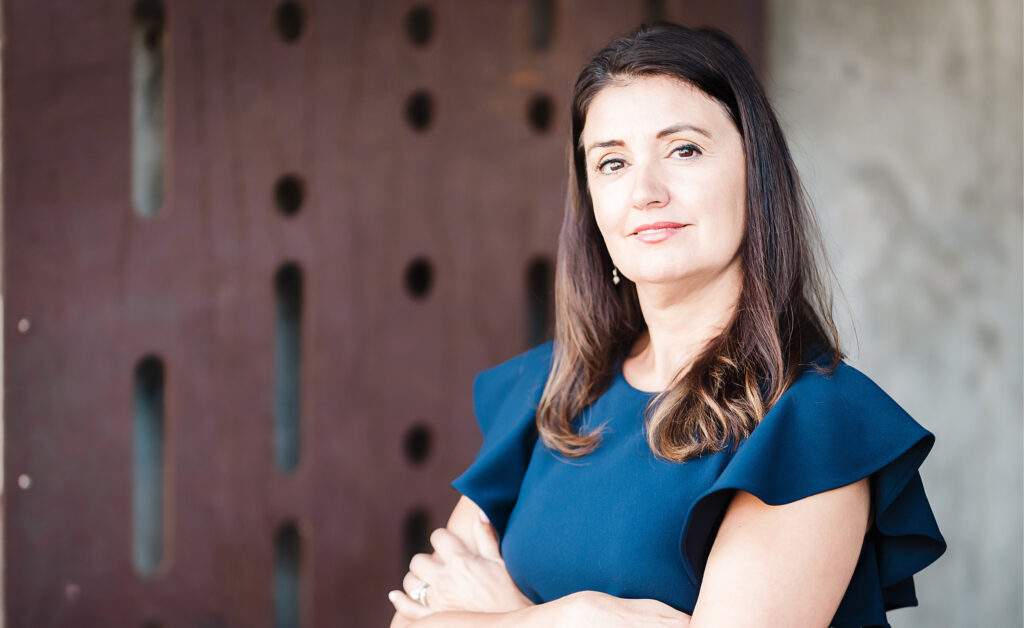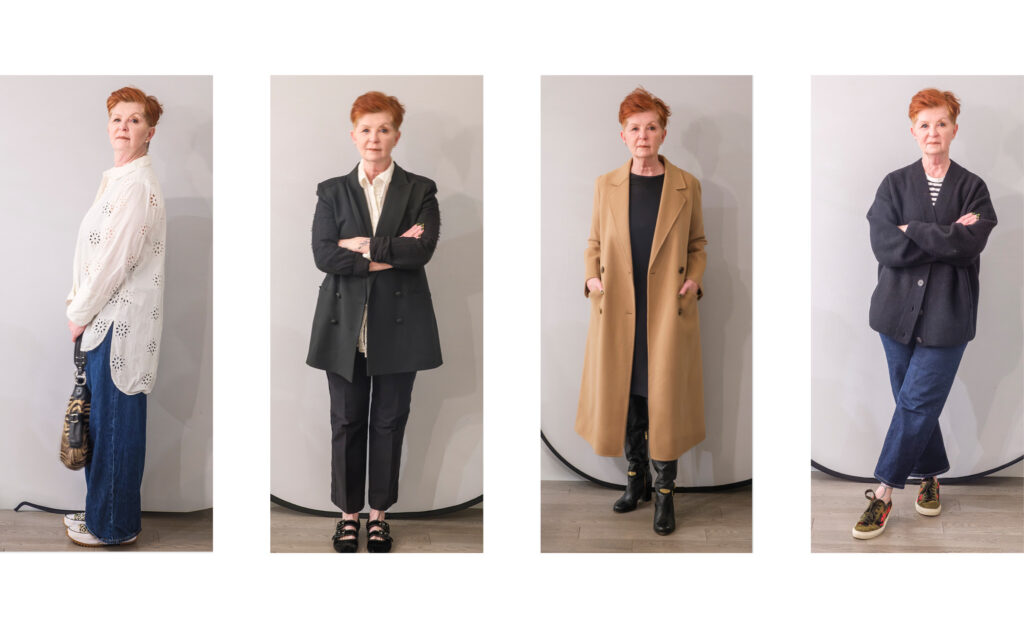– by Trysh Ashby-Rolls –
Inevitably you get the call. Your heart sinks as you pick up the phone. For we immigrants to Canada know this call from the old country is the one we’ve always dreaded: “You’d better come.” Except this call from my brother-in-law was incomprehensible. He’s had Parkinson’s Disease for many years, says he’s in the final stage and nothing more can be done for him. I confess to screening all Sunday afternoon calls, his favourite time to phone. If he sounds okay, I pick up; if not, I let the call go to voice mail. This was after the time he chatted away for a couple of hours and I could hardly understand a word. Yet he sounded so happy I didn’t have the heart to hang up. I kept saying, “Sorry, can you say that again? We seem to have a really bad connection.” And he’d hang up and call me back. If it was frustrating for me, what must it have been like for him?
A few nights ago he called very late. This time I understood perfectly. They’ve just had a progress report on my sister, who’s been in hospital two years. “What’s the news?” I asked. Ignoring my question he said, “You’re invited to a lunch party next week. Will you come?”
Now you must understand that I live out on one of the Gulf Islands and my sister lives in SW England. It’s not the sort of place you dash off to for a weekend. But that’s what I’m about
to do.
“I’ll pay your air fare and your hotel room. If you were my sister, I’d want you to come.”
Apparently my nephews, their wives and children will all be there. I’ve never met any of my great nieces and nephews or their mothers. Last time I saw my nephews they were twelve and eighteen months respectively. They are in their thirties now.
Without any idea what to expect, I’ve been researching my brother-in-law and my sister’s conditions. He may well shake, have trouble walking and fall easily. According to the Mayo Clinic, he may experience “cognitive problems (dementia) and thinking difficulties, which usually occur in the later stages of
Parkinson’s Disease.”
My sister has a “dural arteriovenous fistula.” According to the Mayo Clinic, these types of “dural fistulas are abnormal connections between an artery and the tough covering over the brain or spinal cord (dura) and a draining vein.” Such “abnormal passageways between arteries and veins (arteriovenous fistulas) may occur in the brain spinal cord …” At the beginning, she underwent six surgeries in the space of ten days. Now she has a shunt in her brain, she is nearly blind, the list goes on.
I’m weeping at the thought of the beautiful blond baby sister who arrived in 1945, two and a half years after me. I loved helping bathe her even though later we didn’t get along. I was jealous of her, truth to tell. She was always incredibly talented and clever, a marvellous mother, devoted wife, brilliant cook, needlewoman, gardener and artist. It seems so unfair that such horror should befall her. It’s the very least I can do to go see her with her family gathered around her, perhaps say goodbye.




